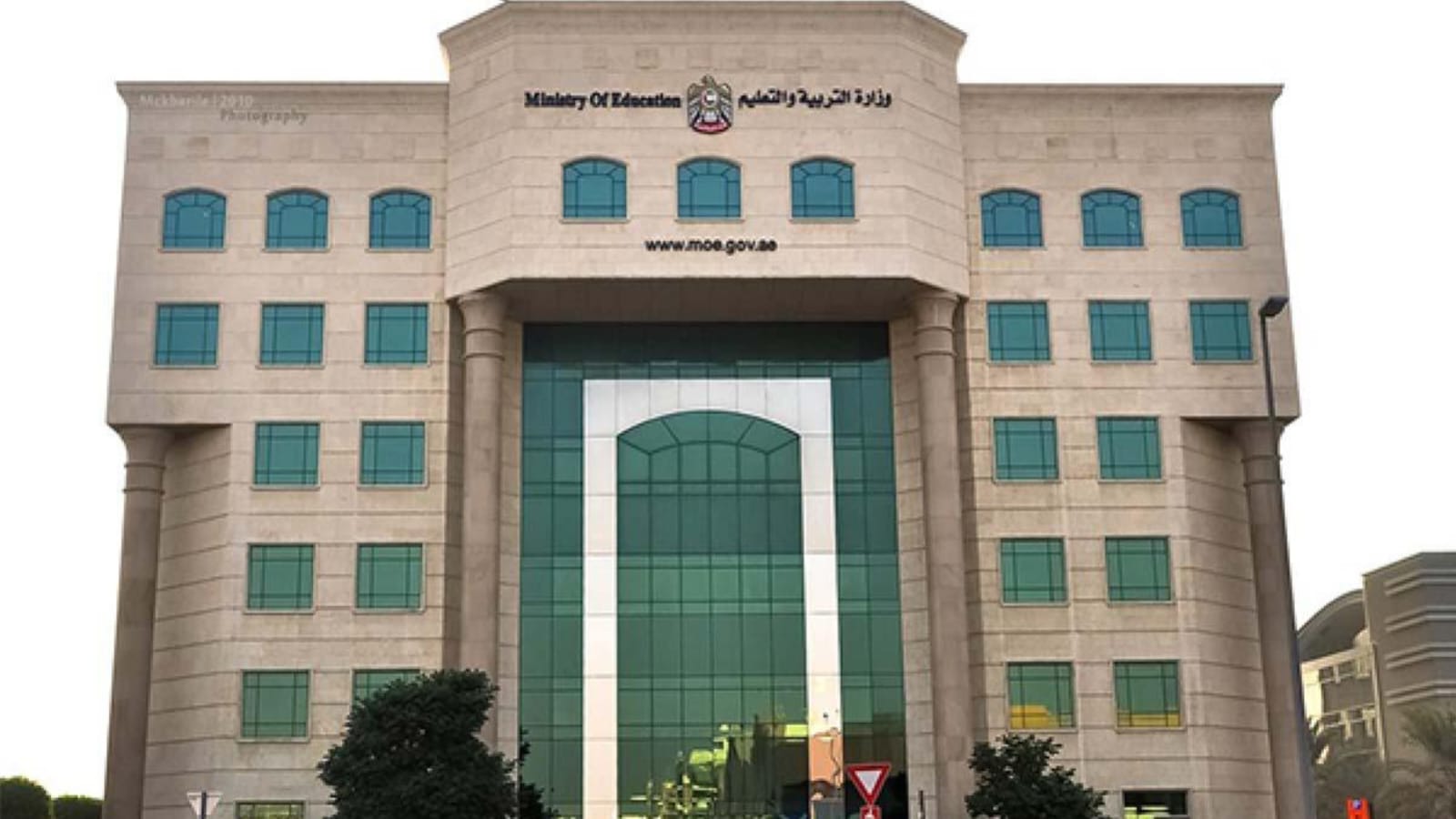Abu Dhabi’s AI Sector Surges 61% to Lead MENA Growth

Abu Dhabi has firmly positioned itself at the forefront of the global artificial intelligence (AI) revolution. Between June 2023 and June 2024, the emirate’s AI sector recorded an impressive 61% year-on-year growth, expanding to 673 registered companies, according to official data from the Abu Dhabi Chamber of Commerce and Industry. This momentum has not only reinforced Abu Dhabi’s status as a leading AI hub but has also made it the fastest-growing AI ecosystem in the Middle East and North Africa (MENA).
This rapid acceleration is no accident. It is the result of strategic investments, robust government-backed infrastructure, forward-thinking policy frameworks, and the active participation of both local and international stakeholders. The city’s vision for AI extends far beyond simple adoption — it is about driving research-led innovation, fostering cross-sector applications, and ensuring global collaboration.
Record Growth and a Surge in AI Companies
The Abu Dhabi Chamber’s data paints a clear picture: AI in Abu Dhabi is on a remarkable upward trajectory. As of mid-2024, the emirate is home to 673 AI-focused companies, up from 418 the year before. This growth has been sustained and accelerated further in 2025, with 150 new AI companies launching in just the first half of the year.
Such expansion underlines Abu Dhabi’s appeal as a fertile ground for AI-driven enterprises. From tech startups to multinational R&D centers, companies are drawn to the emirate’s business-friendly regulations, access to cutting-edge facilities, and supportive innovation ecosystem.
A Research-Driven AI Market
One of the standout features of Abu Dhabi’s AI sector is its emphasis on innovation and knowledge creation. Over 58% of AI businesses in the emirate focus primarily on innovation, research, and consultancy services. This reflects a mature market that is not only deploying AI solutions but also actively developing them.
Research-driven AI work in Abu Dhabi spans a broad range of fields — from machine learning algorithms for healthcare diagnostics to predictive analytics in logistics, AI-powered risk assessment in finance, and smart learning platforms in education. The focus is on original contributions that can have a measurable impact both regionally and globally.
Cross-Sector AI Adoption
Abu Dhabi’s AI expansion is deeply intertwined with its wider economic diversification strategy. AI integration is visible across healthcare, logistics, finance, education, energy, and sustainability projects.
- Healthcare: AI algorithms are improving diagnostic accuracy, personalizing treatment plans, and streamlining patient management systems. Hospitals are adopting AI-driven imaging tools and predictive analytics for early disease detection.
- Logistics: AI is optimizing supply chains, automating warehouse management, and enhancing predictive demand forecasting for trade hubs like Khalifa Port.
- Finance: Banks and fintech firms are using AI for fraud detection, real-time risk analysis, and personalized financial products.
- Education: Schools and universities are leveraging AI-powered platforms to deliver adaptive learning and personalized student support, particularly in STEM subjects.
This multi-sector adoption not only fuels AI company growth but also cements Abu Dhabi’s reputation as a practical, real-world testbed for innovative technologies.
Institutional Support and Global Collaboration
Several world-class institutions have been instrumental in pushing Abu Dhabi’s AI agenda forward:
- Mohamed bin Zayed University of Artificial Intelligence (MBZUAI): The world’s first research-based AI university, attracting top talent and producing cutting-edge research.
- Artificial Intelligence and Advanced Technology Council (AIATC): Oversees AI policy, regulation, and investment strategies, ensuring Abu Dhabi remains competitive in the global AI race.
- Technology Innovation Institute (TII): Develops advanced research projects, including open-source AI models and collaborations with leading tech companies worldwide.
These institutions serve as anchors for innovation, fostering international partnerships with AI leaders in Europe, North America, and Asia.
Strategic Investments and Infrastructure
Abu Dhabi’s AI growth is underpinned by significant government and private sector investments. Strategic funding has been directed toward:
- High-performance computing facilities
- AI-focused startup incubators and accelerators
- Research grants for AI and data science projects
- Development of smart city infrastructure supporting AI deployment
Additionally, Abu Dhabi’s regulatory framework ensures AI adoption aligns with ethical, transparent, and responsible practices. This balance between innovation and accountability is a key factor in attracting foreign direct investment (FDI) into the emirate’s AI ecosystem.
The 2025–2028 Abu Dhabi Chamber AI Roadmap
To sustain and accelerate growth, the Abu Dhabi Chamber has unveiled a three-year AI roadmap (2025–2028). The roadmap focuses on:
- Easing Business Operations: Streamlining licensing, visa processes, and compliance requirements for AI enterprises.
- Policy Advocacy: Engaging with government bodies to develop regulations that promote innovation while safeguarding public interest.
- Global Market Access: Building networks that connect Abu Dhabi’s AI community to international markets, investors, and research collaborators.
This strategic plan is expected to further position Abu Dhabi as a global AI powerhouse by the end of the decade.
Why Abu Dhabi’s AI Growth Matters Globally
Abu Dhabi’s AI trajectory is more than just a regional success story — it’s a blueprint for building a future-ready economy in the era of digital transformation. The emirate’s commitment to education, research, and sustainable innovation ensures it will continue attracting both global AI talent and multinational companies.
With continued investment, collaborative projects, and ethical AI governance, Abu Dhabi is poised to play a leading role in shaping the future of artificial intelligence worldwide.







